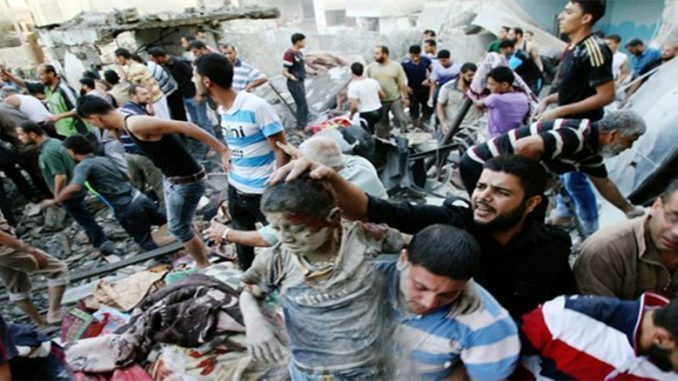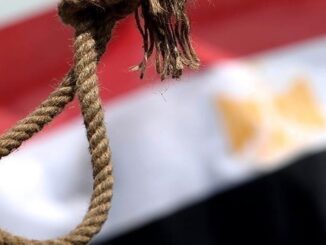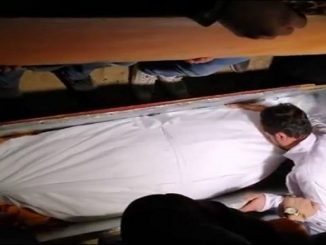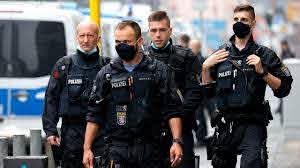
The Palestinian group Islamic Jihad says an Egyptian-brokered ceasefire with Israel has been agreed after air attacks killed at least 34 people in Gaza.
The truce was in force from 5:30 am local time (03:30 GMT), the group’s spokesman, Musab al-Braim, told Reuters news agency, marking about 48 hours since Israel sparked the exchange of fire by killing the faction’s top Gaza commander in an air raid, deeming him an imminent threat.
Gaza health ministry said the death toll in two days of Israeli air attacks had risen to 34, including eight members of the Abu Malhous family. At least 63 Israelis received treatment for injuries in rocket attacks fired from Gaza.
A top Egyptian official told the AFP news agency that his country had undertaken efforts to end the two days of fighting that saw Israel bombing dozens of houses and farms in the besieged Palestinian enclave.
According to an Islamic Jihad official, the agreement stipulates that Palestinian factions must ensure a return to calm in Gaza and “maintain peace” during demonstrations, while Israel must stop hostilities and “ensure a ceasefire” during demonstrations by Palestinians.
Death of Islamic Jihad commander
Following the Israeli attack on Tuesday that killed Islamic Jihad commander Bahaa Abu al-Ata in Gaza, the two sides had been exchanging fire, with Israel’s military saying it recorded more than 350 incoming rockets.
Israel said Abu al-Ata was responsible for rocket fire as well as other attacks and was planning more violence, with the military calling him a “ticking bomb”.
In Israel, air raid sirens wailed and fireballs exploded as air defense missiles intercepted rockets, sending Israelis rushing to bomb shelters.
In Gaza, residents surveyed the damage and mourned their dead.
United Nations envoy Nickolay Mladenov arrived in Cairo on Wednesday afternoon, airport officials said, following reports he was to hold talks aimed at halting the fighting.
The UN and Egypt have been instrumental in mediating previous ceasefires between Israel and Gaza-based armed groups.
Israeli Prime Minister Benjamin Netanyahu said on Wednesday that Islamic Jihad must stop its rocket attacks or “absorb more and more blows”.
Islamic Jihad spokesman Musab al-Barayem had said the group was not interested in mediation as it retaliated over the killing of one of its commanders.
The flare-up raised fears of a new all-out conflict between Israel and Palestinian factions in Gaza, which has seen three major Israeli military operations in the past decade.
GAZA blockade and the fragile truce
The Gaza Strip has been under a joint Israeli-Egyptian blockade for more than a decade, where freedom of movement for the population of two million has been severely curtailed. The flow of goods and services, as well as medical supplies, is also severely hampered due to the crippling siege.
Palestinians have been gathering near the perimeter fence to participate in the Great March of Return, a series of weekly protests that began in March 2018, calling for an end to the 12-year-old crippling siege.
Since the Gaza rallies began, 313 Palestinian protesters have been killed by Israeli fire and thousands more wounded, according to the health ministry. Eight Israelis have been killed over the same period.
Despite the ceasefire announcement, Israeli Foreign Minister Israel Katz said Israel would follow suit if Palestinian factions in Gaza stop attacks – denying that Israel had changed open-fire policy as demanded by the Islamic Jihad militant for a truce!



